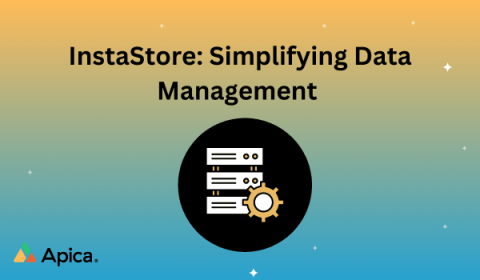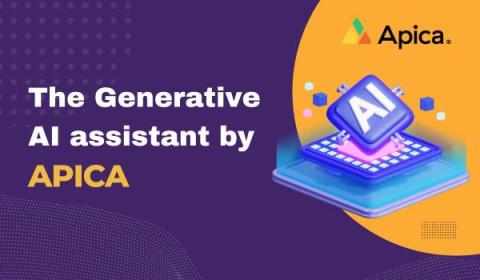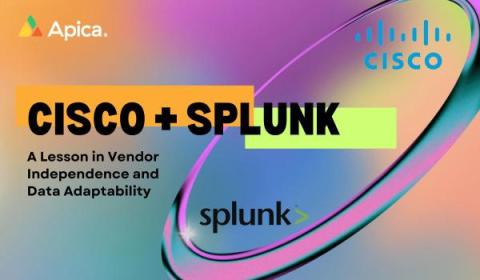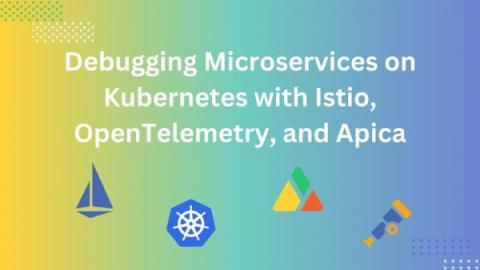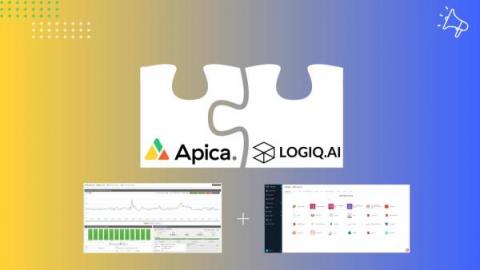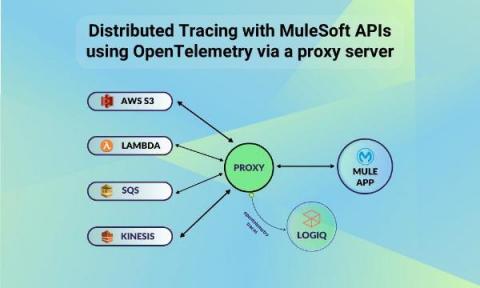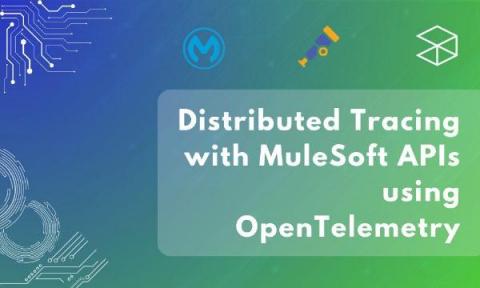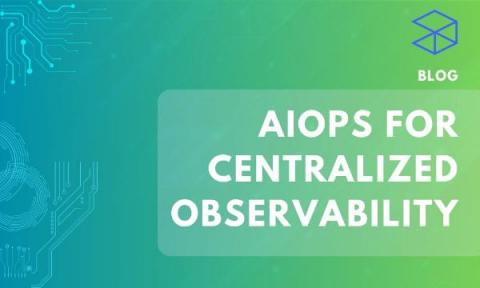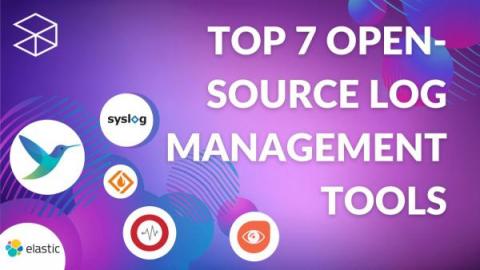InstaStore: Data Storage for the Modern Enterprise
The dynamic landscape of technology has ushered in a new era of data management and storage. As organizations grapple with the vast amount of data they generate and collect, cloud data management and storage have become invaluable solutions. Yet, this convenience comes with its own set of challenges.


